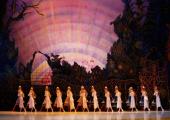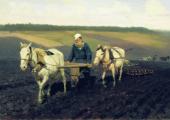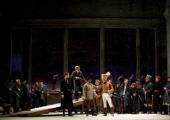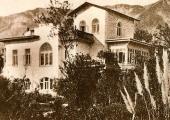Imagine: The Trouble with Tolstoy, BBC One
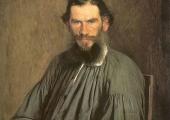
Scrupulous documentary enlightens even the crankier aspects of literature's God
Trouble? What trouble? There may be the odd reader who doesn't get past the Austerlitz sequence of War and Peace, and many who don't brave the master's last big novel questioning church and state, Resurrection, but that's their problem, not Tolstoy's. He is indeed - as Professor Anthony Briggs, the other star of this two-part documentary, states - the God of the novel. As a man, he was troubled to his dying day, and eventually a trouble to the state.


